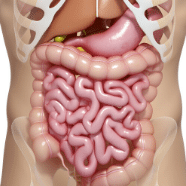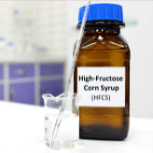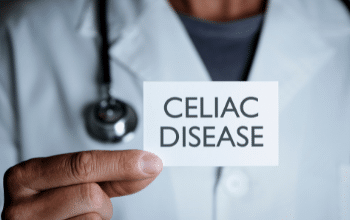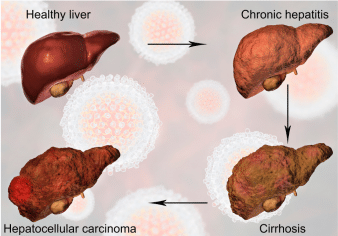Journey Through the Digestive System: Small Intestine
Below we will take a look at the functions and conditions of the small intestine. We will also discuss the organs that help the small intestine perform its main job.
Small Intestine
Functions of the small intestine
The small intestine is made up of three distinct sections. Food travels from the duodenum, to the jejunum, and then to the ileum. The ileum then empties into the large intestine. The duodenum and the beginning of the jejunum are the primary site of absorption. The ileum is the localized site of B12 absorption.
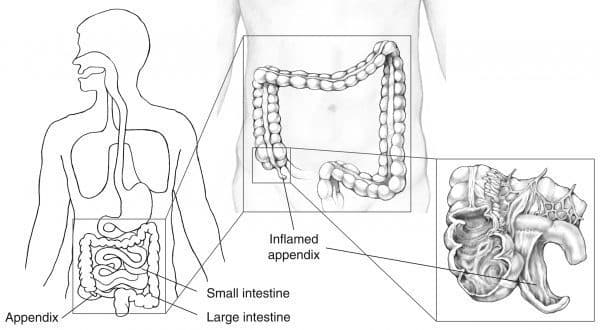 National Institute of Diabetes and Digestive and Kidney Diseases, National Institutes of Health
National Institute of Diabetes and Digestive and Kidney Diseases, National Institutes of Health
Conditions of the Small Intestine
Celiac Disease
Celiac disease is characterized by an immune response to gluten. This includes foods made from wheat, barley, and rye. The most common symptoms associated with celiac disease are abdominal pain, bloating, gas, and diarrhea.
In those with celiac disease, eating gluten leads to damage to the small intestinal lining and poor absorption of nutrients. This is why people with undiagnosed celiac disease can also experience weight loss.
The nutritional treatment for celiac disease is complete avoidance of gluten including hidden sources of gluten like soy sauce, grain alcohol, and malt. It’s important to also watch out for foods that are cross-contaminated with gluten.
Crohn’s Disease
Crohn’s disease is a type of inflammatory bowel disease (IBD) that can cause inflammation anywhere along the digestive tract. It most commonly affects the ileum of the small intestine and the beginning of the large intestine.
Crohn’s disease can cause diarrhea, abdominal pain and cramping, blood in the stool, and weight loss.
Treatments for Crohn’s include medications, surgery, and nutritional management of symptoms.
Lactose Intolerance
Lactose intolerance is caused by a deficiency in an enzyme called lactase. We need lactase to help us break down a sugar in milk called lactose.
Those with lactose intolerance should stop eating dairy products in order to avoid diarrhea, cramping, and bloating.
Short Bowel Syndrome
Short bowel syndrome is a condition characterized by malabsorption. It typically occurs after removal of a portion of the small intestinal, but it can also be present at birth if the person’s intestines are too short.
Short bowel syndrome can cause diarrhea and weight loss. Diet changes and medications can help manage symptoms.
Pancreas
Functions of the Pancreas
The pancreas makes digestive enzymes which flow into the duodenum of the small intestine. These enzymes are needed to help break down the food we eat so it can be absorbed by the small intestine.
Conditions of the Pancreas
Pancreatitis
Pancreatitis is inflammation of the pancreas and can either be acute (abrupt inflammation) or chronic (long-term and irreversible).
Treatment for pancreatitis is individualized and must be closely managed by your doctor.
Liver and Gallbladder
Functions of the Liver and Gallbladder
The liver plays a variety of essential roles in the body. In the context of the small intestine, the liver makes bile which is needed for the breakdown and absorption of fats.
The gallbladder is the site of bile storage. Bile and pancreatic juices flow together into a common duct that connects to the duodenum of the small intestine.
Bile is then reabsorbed in the ileum of the small intestine.
Conditions of the Gallbladder
Gallbladder diseases range from inflammation of the gallbladder to gallstones.
Treatments for gallbladder disease can include medications, a low fat diet, and cholecystectomy (removal of the gallbladder)
Conditions of the Liver
Liver diseases include hepatitis, fatty liver disease, hemochromatosis, cirrhosis, and Wilson’s disease.
Treatments for liver diseases include diet and lifestyle changes, medications, and in the most severe cases, liver transplant.
Katelyn Collins, RD is a registered dietitian specializing in irritable bowel syndrome (IBS) and digestive health. Katelyn’s personal experience with IBS first sparked her passion for nutrition and health. Since then, she has been a vocal advocate for the digestive health community and has dedicated her own nutrition practice to serving those with digestive conditions.
Listen to our
latest Podcast!
